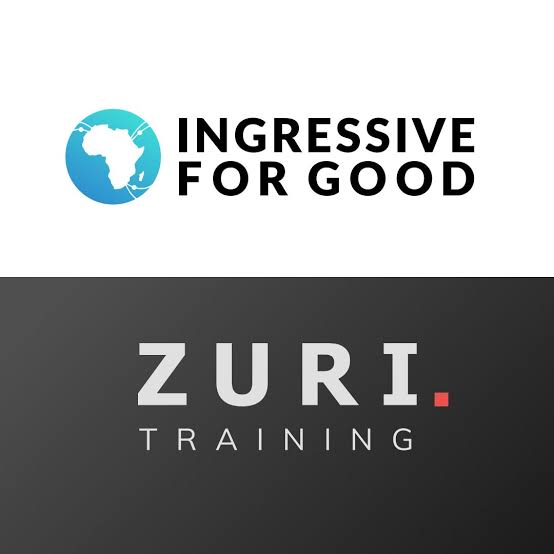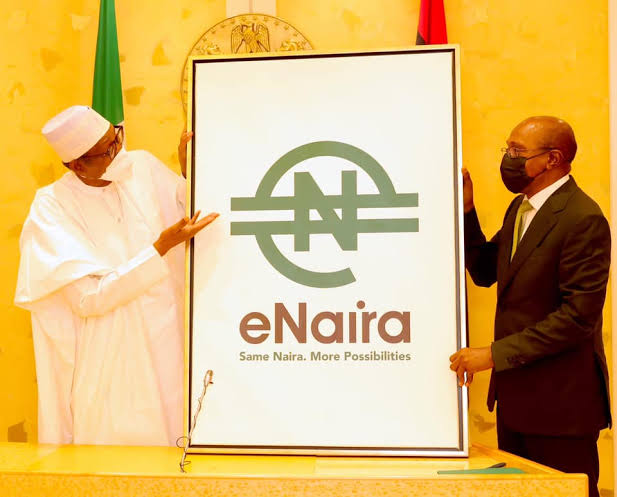A Lagos-based startup, Zuri Team has used an innovative training model to empower over 120,000 people in various facets of software development over the past 24 months in an effort to close the digital skills gap in Africa and prepare the next generation of young Africans to participate actively in the developing digital economy.
Seyi Onifade, a Nigerian businessman and software engineer who co-founded Zuri Team in 2020, provides extremely discounted technical training in software development and design through working with businesses and non-profits.
Ingressive for Good, founded by Maya Horgan, Sean Burrowes, and Blessing Abeng and Yele Bademosi’s Nestcoin, is one of the organizations it has worked with over the past two years to train participants on web2 and web3 technologies by providing highly subsidized technical training to people who would not otherwise be able to afford such training.
“Our goal is to give everyone a chance at a better life. We do this by collaborating with organisations, NGOs and individuals whose interests align with ours. These organisations sponsor participants to take part in the training. We train in both web2 and web3 spaces.
“This year alone, we have trained 60,739 people across 100+ countries. Most of our participants are from Africa. However, we have had participants from other parts of the world,” Onifade said, explaining the unique model that has seen the startup record tremendous impact over the past two years.
A few other things separate Zuri Team from the pack. First is the participation requirements. The startup does not conduct any entrance exams. Everyone who applies for Zuri Team training gets in.
“We allow everyone to try tech out and let them decide if it’s for them or not,” said Onifade who started out in the digital skills training circle as the chief executive of HNG Internship in 2019 and grew the program by over 100%, when Hotels.ng founder, Mark Essien who founded it stepped down from the role.
Other training programs don’t typically provide for this kind of flexibility, such as allowing participants to return for additional training sessions. Many people, according to Onifade, return to training to enroll in a different track (or course) in order to advance to the point where they are ready for the job market.
Additionally, Zuri Team training is one of the few programs that can be completed entirely online, eliminating the requirement for participants to travel to a particular place. Participants get access to their course materials, assignments, tutors, and classes from any location, including through mobile devices.
Beyond the training also comes the Zuri internships. While the beginner training focuses on beginners who are new to tech or who wish to get better in the industry, the internship prepares participants for actual tech jobs.
After completing the internship, participants are matched with Zuri Team partner organizations for employment, added to the talent pool, and exposed to mentorships, opportunities, and other industry programs that aid in their skill development.
For Onifade, the vision is simple: “To remove the barriers that many young Africans experience while acquiring life-changing technical skills that enable them to play actively and profitably in the digital economy”.
He said, “Most of our participants face financial constraints that make it impossible for them to pay for standardised software development training that provides access to the global curriculum. So, we believe that with a training programme with little to no barrier to participation, subsidised and location-agnostic, we can play a pivotal role in democratising access to digital skills in Africa and help its young people kick-start careers in the technology industry.”










